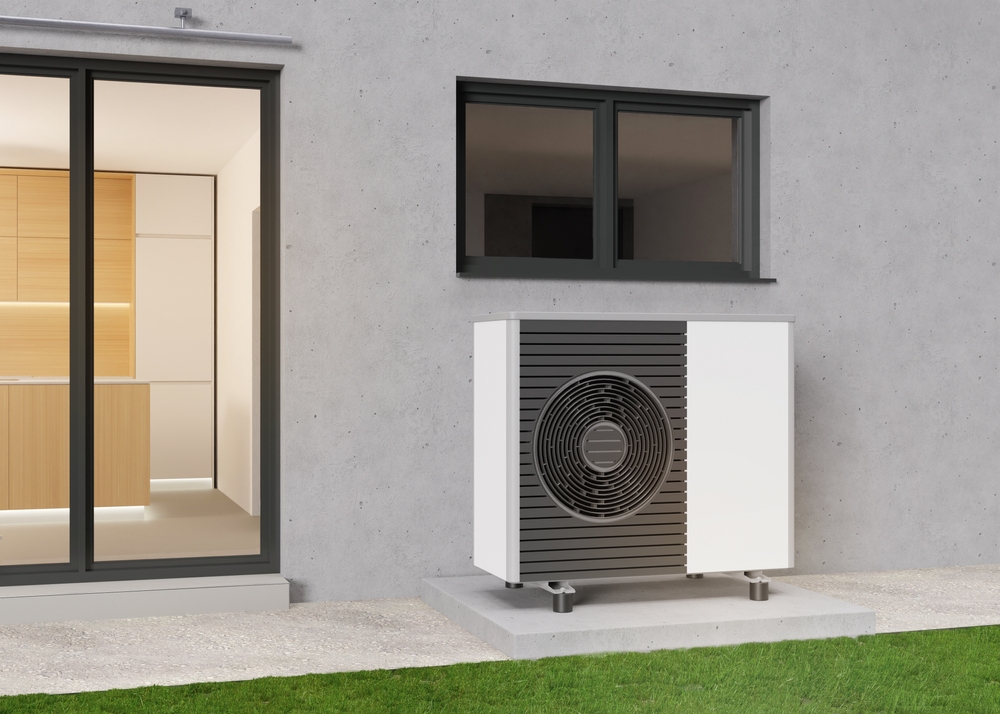Most people by now have heard of Heat Pumps, and some may even understand how they work.
Here we take a quick look at how to determine if the technology is suitable for your business.
A Heat Pump (air source or ground source) is an efficient form of electric heating. It shouldn’t be considered as a source of renewable energy, but it is a lower carbon alternative to an oil or gas boiler. Only if the power used to run it comes from a 100% renewables based supply can it be considered zero carbon.
We won’t dwell on what happens inside a heat pump, there are plenty of on-line resources for that, but in essence, they take low grade heat from the ground or air and upgrade it to useful temperatures. Imagine your fridge – that takes heat away from the food, and dumps it out the back. In this case the food is the outside, and the back of the fridge is your building.
A heat pump requires electricity to do this. The ratio of electrical energy used to the useful heat energy produced is known as the Coefficient of Performance (CoP). A traditional electric heater has a CoP of 1:1. A good Heat Pump installation will have a CoP of 1:4. This is why we say it is an efficient form of electric heating, and not a renewable energy source.
The most important consideration with heat pumps is that to achieve reasonable levels of efficiency, and acceptable running costs, the output temperatures are lower than with traditional boilers. These deliver heat at 70-80 deg C. An efficient heat pump system delivers heat at around 40-50 deg C.
Clearly then, installing a heat pump and not making any changes to the heating system will result in either a cold building, or a CoP much closer to 1:1 and massive running costs, thus negating any benefit.
The solutions are low temperature heat circulation. In a new build, underfloor heating is the perfect partner, but when retrofitted, the solutions are to either double the number of radiators, or to replace the existing with high surface area, low temperature radiators, typically 300mm deep.
It goes without saying that installing a heat pump to a building with poor insulation is pure folly.
The final key consideration is power supply capacity. A commercial sized heat pump may represent a considerable increase in a property’s electrical loading, and it’s not unheard of for incoming supply to require upgrading. It’s always worth consulting your Distribution Network Operator.
In conclusion then, for a business with purely space heating needs, a heat pump can be a good, lower carbon alternative to oil or gas fuel, IF the building is well insulated, and IF the heat distribution system can be modified to suit.
Ewan Bent, 22nd February 2023
